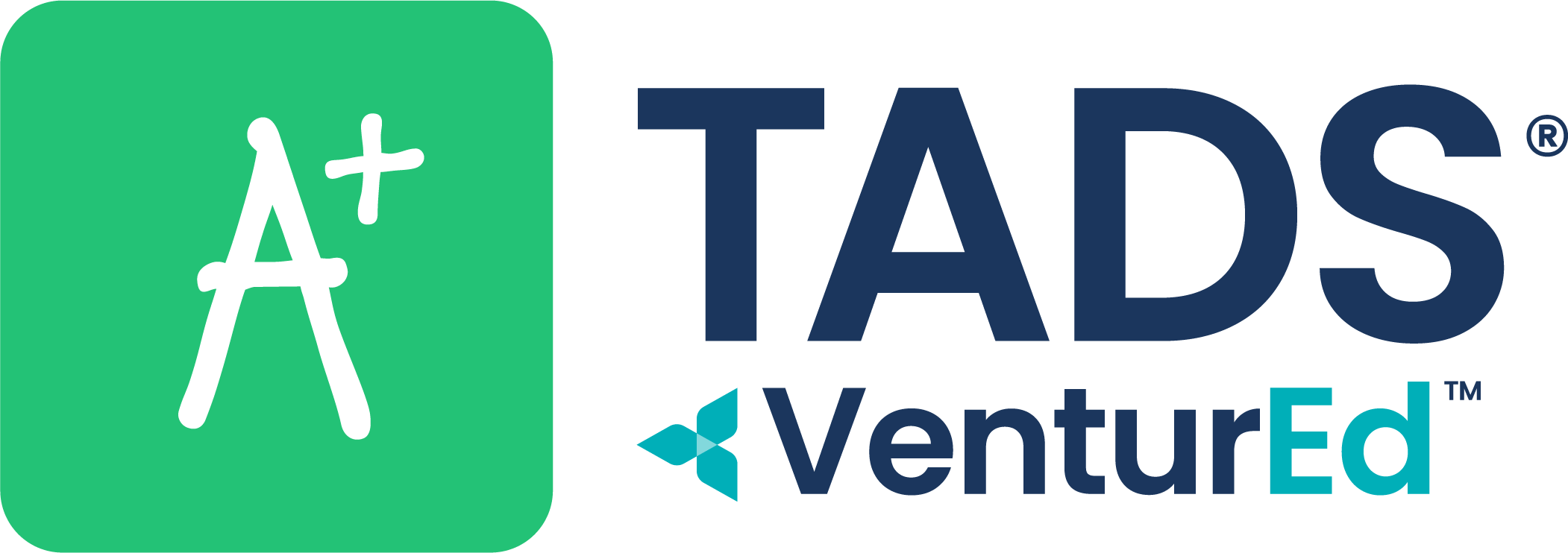
In the 2023–2024 school year, private school enrollment in states with robust school choice programs experienced significant growth. For example, Indiana, Ohio, and Florida reported enrollments of 90,000, 170,000, and 440,000 students, respectively, representing increases of 5%, 2%, and 14% from the previous year.
Managing tuition payments and contracts can be a complex and time-consuming task for private schools and families alike. Families desire an efficient, clear, and flexible way to handle tuition, while schools require a system that ensures financial stability and reduces administrative burden.
A well-designed tuition and billing management solution can simplify these processes, improve financial planning, and enhance family satisfaction. Below are five key benefits of implementing this type of solution in your private school.
1. Simplifies Tuition Payments and Billing for Parents
Enrolling a child in a private school comes with many responsibilities, and managing tuition shouldn’t add unnecessary stress. Traditional paper-based contracts require printing, signing, and mailing documents—often leading to misplaced paperwork, missed deadlines, and confusion. Additionally, tracking payments manually across different platforms can be frustrating for families.
Schools also face financial uncertainty when payments are late, forcing staff to spend extra time following up with families, reconciling accounts, and managing cash flow. Late payments can delay funding for essential programs and increase operational costs.
A modern tuition management system simplifies the entire process by offering online contract signing and flexible payment options. Parents can review, sign, and submit contracts electronically, eliminating manual paperwork. Automated billing and payment reminders ensure families stay on track without the hassle of juggling multiple invoices. A user-friendly portal allows parents to manage contracts, view invoices, and make payments all in one place—creating a smooth experience that improves communication and reduces missed payments.
2. Provides Greater Payment Flexibility for Families
Every family has different financial circumstances, and rigid tuition payment structures can create unnecessary strain. Some parents prefer to pay tuition in full at the start of the school year, while others benefit from monthly or quarterly installment plans. Traditional tuition management systems often lack flexibility, forcing families into one-size-fits-all payment schedule.
By implementing a system that offers multiple payment options—such as automatic withdrawals, credit card payments, and installment plans—schools can provide families with greater flexibility. Automated processing also eliminates the need for parents to schedule payments manually each month, ensuring on-time payments and improving cash flow for schools.
3. Enhances Financial Planning and Revenue Forecasting
For private K-12 schools, financial stability depends on consistent tuition collection. Without an efficient system, schools may struggle with tracking payments, forecasting revenue, and managing outstanding balances. Staff often spend hours reconciling payments and manually updating records, leading to inefficiencies.
An integrated tuition management system provides real-time visibility into revenue, allowing school administrators to track payments, generate financial reports, and plan ahead with confidence. Automated reporting tools help schools assess cash flow, identify overdue accounts, and make informed budgeting decisions—ensuring long-term financial sustainability.
4. Reduces Administrative Workload and Increases Accuracy
Private schools often have small administrative teams handling admissions, financial aid, and enrollment. Managing tuition contracts manually adds to their workload, requiring time for paperwork processing, signature verification, and payment tracking.
Electronic contracts eliminate the need for physical paperwork, while automated payment tracking ensures records are always up to date. Families, who already juggle many responsibilities, benefit from a stress-free tuition and billing process. By reducing administrative strain, your admissions and enrollment office can focus on the day-to-day support of your overall school community.
5. Improves Transparency and Strengthens Parent-School Relationships
Clear communication is essential when it comes to tuition payments and contracts. Families want to know exactly what they owe, when payments are due, and what their options are. Without a strong system in place, miscommunication can lead to frustration, late fees, or disputes over payment terms.
Imagine a system where families can log into an online portal anytime to check their payment schedules, financial aid details, and contract terms—all in one place. Automated notifications keep them updated on upcoming due dates and outstanding balances, ensuring they always have the information they need to stay on track. This level of convenience will help your school stand out as a great choice for families in the long-term.
Whether your private K-12 school is focused on maintaining steady enrollment and financial health or expanding to serve more families, having an efficient and transparent tuition management system is essential. In an evolving private school landscape, a well-structured tuition system supports long-term sustainability, allowing schools to adapt and thrive—regardless of their size or growth objectives.
TADS by VenturEd Solutions is designed to simplify billing and tuition payments, making the process easier for both families and administrators. Request a demo to improve the experience for your school and families.
